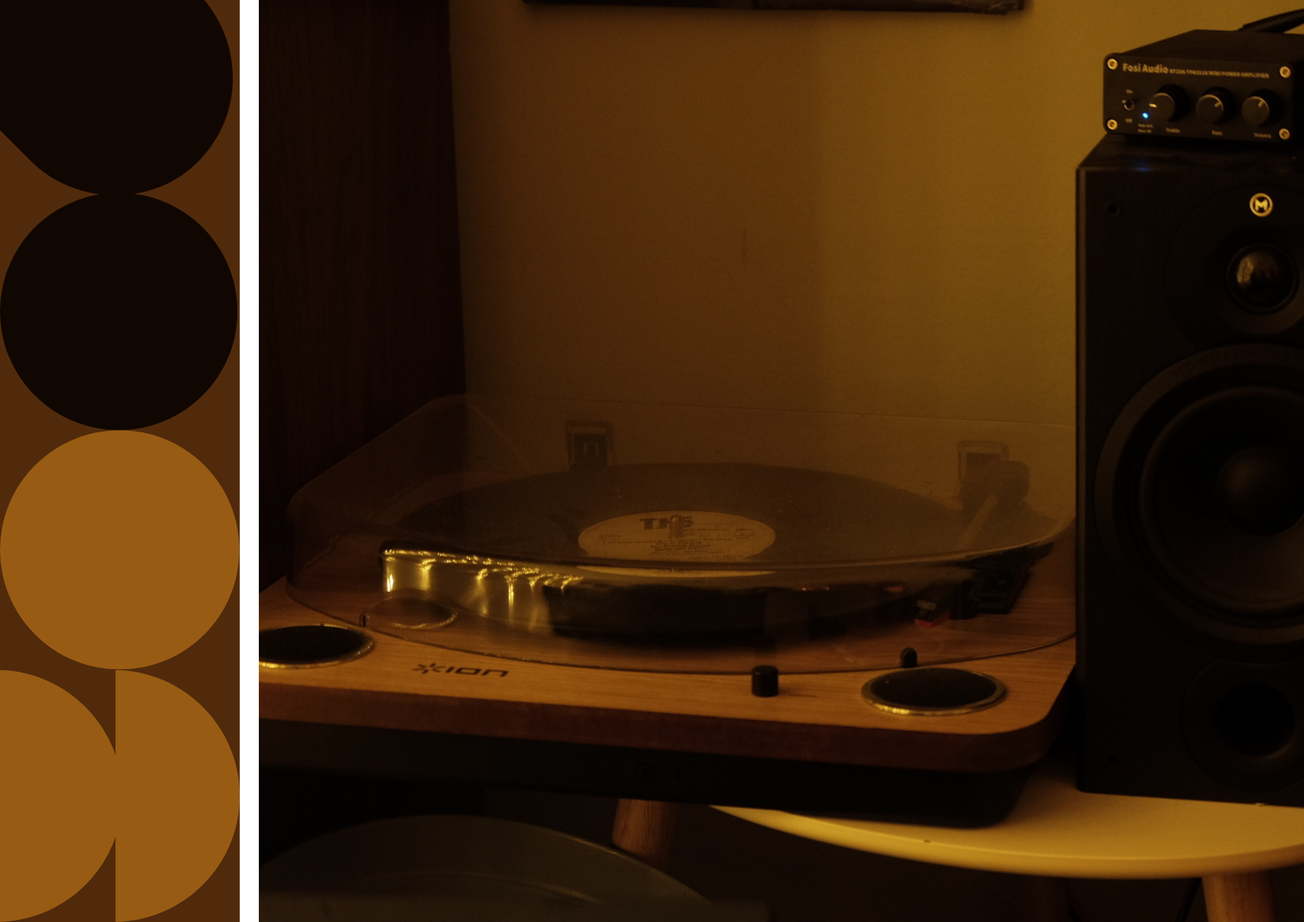Katie Sowerby, English and History, Second Year
Myself and my fellow joint honours students have found that there are many disadvantages to studying two subjects concurrently. Is the University tackling these difficulties, or are they actually adding to them?
When I was first applying to a joint honours degree, I was promised that combining two subjects would not disadvantage my studies. However, I soon found this not to be the case.
The main problem with joint honours programmes is assessments. Packed exam timetables and competing essay deadlines are the norm for students which are part of two separate academic departments.
Joint honours #degrees – twice as nice or a timetabling nightmare? http://t.co/U0YZ0H2F2Z
— Guardian Students (@GdnStudents) January 10, 2015
Where single honour students have logical exam timetables which avoid clashes, joint honours students often undergo extreme peaks and troughs of intensity during the assessment period.
As a second year English and Spanish student recently expressed it: ‘I’d say the difficulties I face are that the separate subjects of my degree do not seem to communicate. Deadlines often overlap and it becomes very hard to balance.’
students often feel caught between two subjects
Secondly, expectations differ between schools: ‘What each school expects from essays, style and even referencing can be completely different and something you may need to bounce between especially during deadline season.’
An English and History student agreed, stating that ‘Whilst I understand that you are not meant to spend the whole allocated time on the assessment, being given two assessments within the same window causes huge amounts of stress and does not allow me to perform to the best of my ability.’
Joint honours degrees: double the trouble? - might mean twice the work, but the experience is enrichinghttp://ow.ly/otIhn | Guardian
— HE News (@HEontap) September 2, 2013
With joint honours, we do not necessarily have more work as we still complete the same 120 credits and therefore the same amount of modules. However, despite this, joint honours students often feel caught between two subjects.
Thirdly, we miss out on core modules, and therefore essential skills. This is because we often fall through the gap between schools, where a lack of communication means that neither department takes responsibility for joint honours students’ basic training.
basic skills need to be re-taught
I have found, for example, that the University has not tried to assist with teaching essay skills in particular subjects. And it is not just me. The aforementioned English and History student agreed: ‘I miss out on a lot of core modules that help develop key skills, meaning that I am constantly playing catch up’.
And surprisingly, this issue also affects single honours students, especially due to the pandemic. One student noted that ‘Having missed out on important skills in first year because of the pandemic, it is vital that students like myself receive support on essay writing’. Clearly, basic skills need to be re-taught to both single and joint honours students.
Why choose to study a joint honours degree? | HEPI https://t.co/qPJS9V5t3e
— HE News (@HEontap) November 10, 2021
Rafe Hallett, Director of Induction in History at the University of Leeds, commented to the Guardian that ‘[joint honour students] Can sometimes feel stuck in limbo between two ‘homes’ and feel envious of the apparent simplicity of single honours students’ timetables, contexts and communities.’
The University is clearly not doing enough to support their joint honours students. There are two steps they should take to deal with these problems.
let’s not forget that there are advantages to taking joint honours too
Firstly, they should establish a staff position to deal solely with joint honours’ problems relating to course integration. Alternatively, given budget restrictions, this could be a role added onto the remit of an existing staff member. Either way, defined responsibilities are required in an area where it is too easy to leave organisation to the 'other' department in the joint honours relationship.
Secondly, departments offering joint honours should streamline their interdepartmental communication. This would avoid timetable clashes and tight deadlines.
However, let’s not forget that there are advantages to taking joint honours too. For instance, I am getting to study two subjects that I am passionate about, which often overlap in interesting and unexpected ways.
On top of this, as the Guardian explains , ‘Since employers consistently emphasise the need for graduates to be flexible, adaptable and creative in professional contexts, joint honours students are in a strong position when it comes to finding a job.
The University is still, understandably, geared towards single honours students. A few simple changes would make life easier for a post-Covid cohort of students caught between two academic homes.
Featured image: Ivan Aleksic
How do you think the University could improve joint honours courses? Let us know @Epigramopinion !









